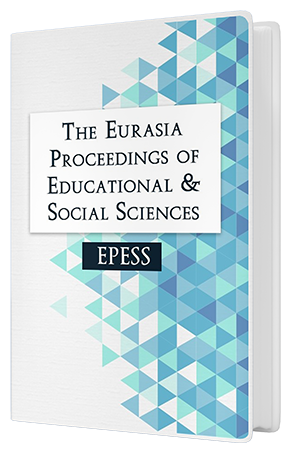CORRELATIONS AMONG ASSESSMENT TECHNIQUES USED IN AN INTRODUCTORY PROGRAMMING COURSE
Keywords:
Introductory programming, computer programming, learning to program, assessment of programming coursesAbstract
Learning computer programming is often perceived to be a difficult task by novice programming students and there have been several studies into the failure rate of students learning to program. This study explores the correlations between introductory programming students’ ability to program and their theoretical knowledge in computer programming in order to analyze whether or not their performance in written exams are genuine and accurate. A rigorous statistical analysis was conducted with 400 introductory programming students who were randomly selected without considering whether or not they had a good programming background. The findings of the study used inferential statistics in order to define the correlations between students’ practical and theoretical exam results. Additionally, the correlations between students’ department and their exam results were investigated in order to define whether or not students’ departments have an impact on their success in exams.Downloads
Published
Issue
Section
License
Copyright (c) 2014 The Eurasia Proceedings of Educational and Social Sciences

This work is licensed under a Creative Commons Attribution-NonCommercial-ShareAlike 4.0 International License.
The articles may be used for research, teaching, and private study purposes. Any substantial or systematic reproduction, redistribution, reselling, loan, sub-licensing, systematic supply, or distribution in any form to anyone is expressly forbidden. Authors alone are responsible for the contents of their articles. The journal owns the copyright of the articles. The publisher shall not be liable for any loss, actions, claims, proceedings, demand, or costs or damages whatsoever or howsoever caused arising directly or indirectly in connection with or arising out of the use of the research material. All authors are requested to disclose any actual or potential conflict of interest including any financial, personal or other relationships with other people or organizations regarding the submitted work.




